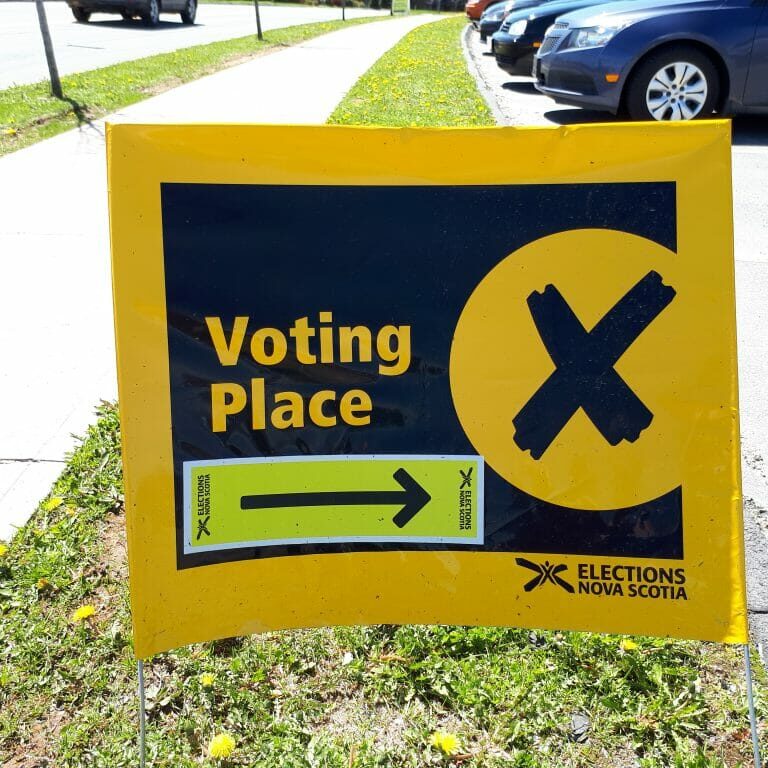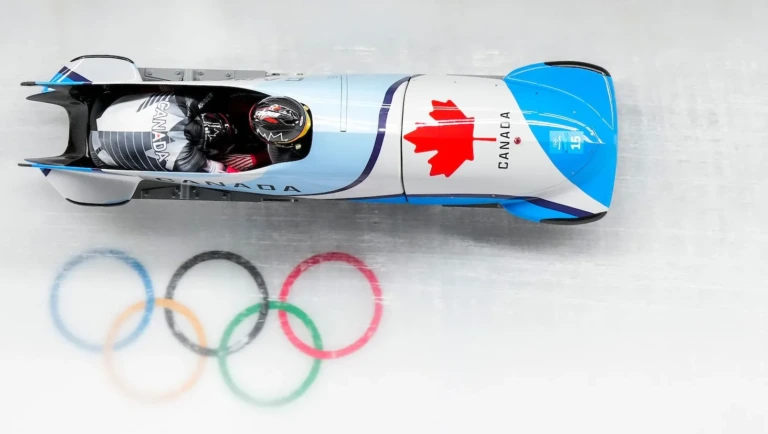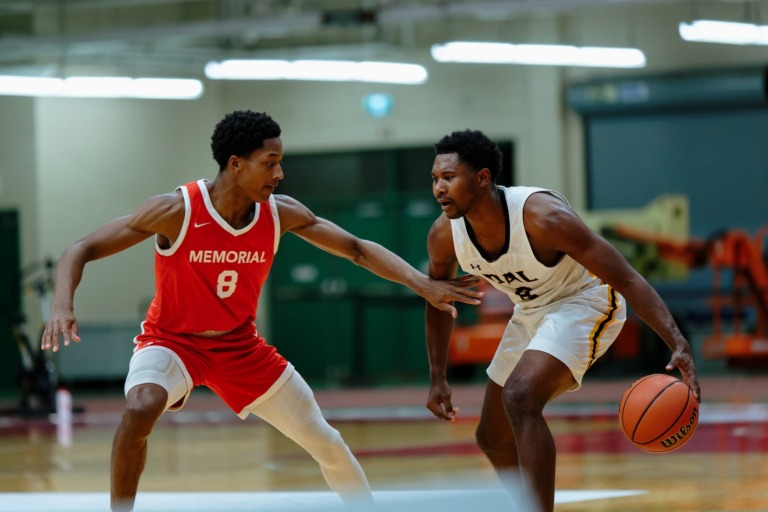
Real Talk: Endorsing ‘good’ politicians
Opinions editor challenges public media to do better on reporting politics, including the Gazette
Politics used to be smart. Watching the 1968 Canadian leaders debate, it is very easy to feel dumb.
“A democracy is an exchange of ideas between those that govern and those that are governed,” is one of the very first lines of the debate.
Each candidate talks about issues and policies in depth. They all sound like Rhodes scholars.
Pierre Elliot Trudeau’s famous line: “Just watch me,” came at the end of a live, on the record conversation, about the pros and cons of martial law.
Compare that to today. The Conservative leadership candidates, and debates, are a circus complete with veiled racism and one candidate, Brad Trost, is uncomfortable “with the whole gay thing.”
The former front runner in the polls didn’t even bother to show up to most of the debates and doesn’t understand the constitution. The NDP for its part has discussed hard-hitting issues like having pineapple on pizza and favourite beer. Less important topics like foreign policy have not yet been debated. South of the border there was an honest to goodness penis joke in the primaries. The guy who made the dick joke is now president.
Provincial politics are no better. The BC Liberals have accumulated almost 117 ‘boondoggles, falsehoods and scandals since 2001 according to thetyee.ca. Pending recounts they won a minority government. The Ontario Liberals have record low approval ratings. A Forum Research pollster called it “the lowest value we have ever recorded for a sitting premier.” The Nova Scotia Liberals started electioneering before the election was called.
This is the current state of our politics.
Politicians can’t lie like they used to. The internet has changed things. People are always connected, tethers to the internet fit in pockets. Cameras are everywhere. If politicians want to push a narrative they don’t need to make something up, or lie. They can just find the time that it’s happened on camera and use that as proof.
After all, if you can prove it, it’s true.
Not really, but yelling “you have selection bias, which is suggesting you’re right, but is not based in the larger context of society as a whole and is deliberately misleading!” Does not have the same ring to it as “you’re a liar!”
The internet also makes messaging more important. There’s no barrier to access. Everyone can just push their own message. It’s a very powerful tool.
As former Conservative campaign spokesman Kory Teneycke put it during the 2015 election, “We’re better than news, because we’re truthful.”
There’s now a whole genre of news story that’s just people reacting to things on the internet. Why bother doing research into things and getting to the bottom of the story? A funny Twitter exchange about the issues of the day will drive clicks and get eyeballs to the page. It’s way more entertaining and profitable than doing investigative journalism.
There’s no easy road back to better politics.
It’s gotta be hard to be a politician these days. People have less time to watch a full video of something. Why bother if the clip is juicy? Does anyone know if sound fiscal policy was stated in the minutes before the “the budget will balance itself,” line? (Spoiler alert: in context, that line means that if the Canadian economy is strong, then there will be no issues balancing the budget. In much the same way it’s easier to pay bills with a well paying job. But that’s not sexy.)
The irony is that in the rest of that “budget will balance itself,” interview, Trudeau talks about how the Conservative budget is short-sighted. It doesn’t serve the best interests of Canadians, instead it serves the political interests of the party that wrote it — which sounds familiar.
It highlights the issue with our current politics. Engage a journalist live, with in-depth answers on policy positions and get hammered for five words taken out of context. There’s no motivation for politicians to do that.
If politics are going to get better, we need to demand better.
Messaging, spinning, media handling. Politicians get away with it because we let them. The recourse available only happens every four years. So tired cynicism just takes over. Just kick out the ones who have lied most recently.
Politicians do what works. We need to reward the behaviour we want to see. It’s a lot like training a puppy. If a politician takes the time to sit down and talk policy honestly and openly, flaws and all, we need to vote for them. Even if we don’t agree with the specific policies. It changes what works. We’ll get better politicians.
Where I stood on the political spectrum used to be clear. After watching the 1968 debate I’m only sure of one thing. Any of the guys on that stage: Pierre Trudeau, Robert Stanfield, Tommy Douglas or Réal Caoette could lead better than the current lot of mopes.
So with that said, the Gazette will be answering this call to action and endorsing good politicians.
Any politician who takes the the time to discuss policy in depth. Who acknowledges the flaws in their plans, but takes the time to explain why they think their plan is for the best in spite of those those flaws. Anyone who avoids talking points and treats candidates of other parties with respect instead of disdain. Any politician who treats voters like educated individuals capable of rational thought instead of unwashed masses capable only of digesting simple sentences designed to inflame. Any politicians who stops and takes the time to think instead of spouting talking points.
As a media publication, at the Gazette we’ve named ourselves part of the problem we want fixed. This year the Storm Lake Times in Iowa won a Pulitzer prize for editorial writing.
“We’ve always believed that the Storm Lakes Times should be as good at covering Storm Lake as the New York Times is at covering New York,” the editor, Art Cullen, said in an interview with the Guardian, “There’s no reason why an editorial written in Iowa shouldn’t be as good as an editorial written in Washington.”
The Gazette will be running a mini-series focusing on the candidates of Halifax-Chebucto and Halifax-Citadel, which have large student demographics, and get them to talk – really talk – on what they believe about the issues surrounding university education.






